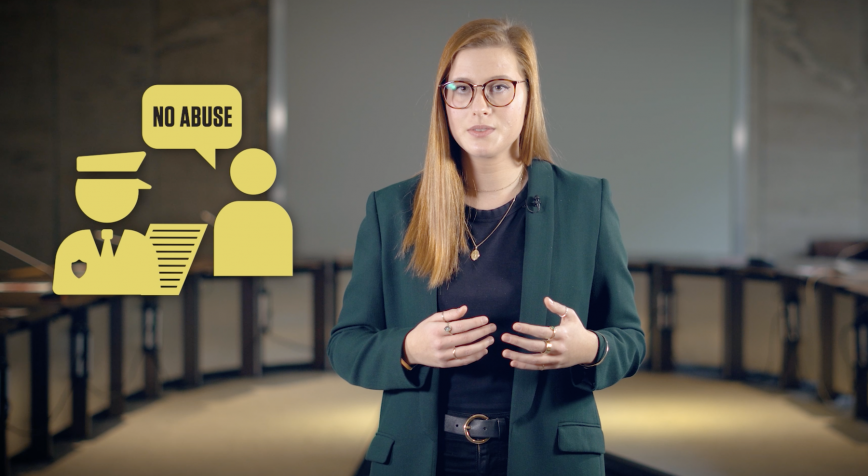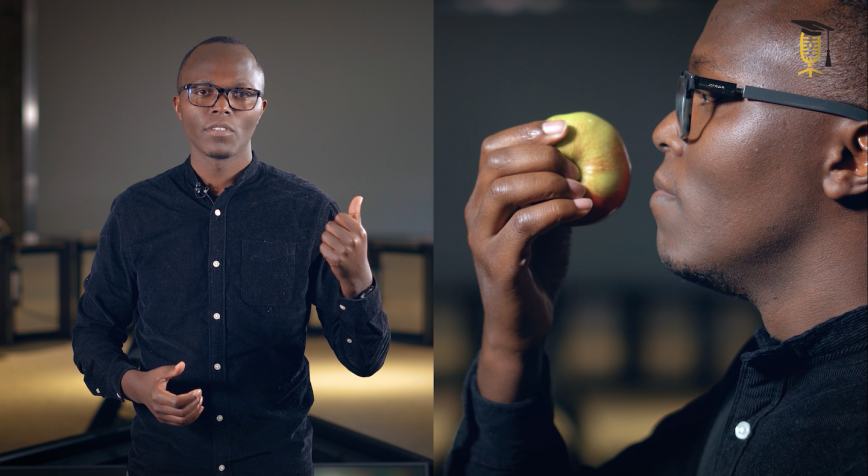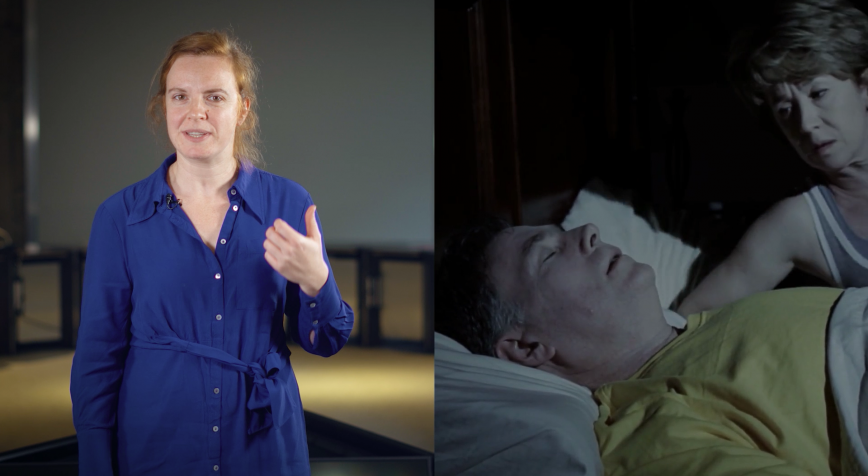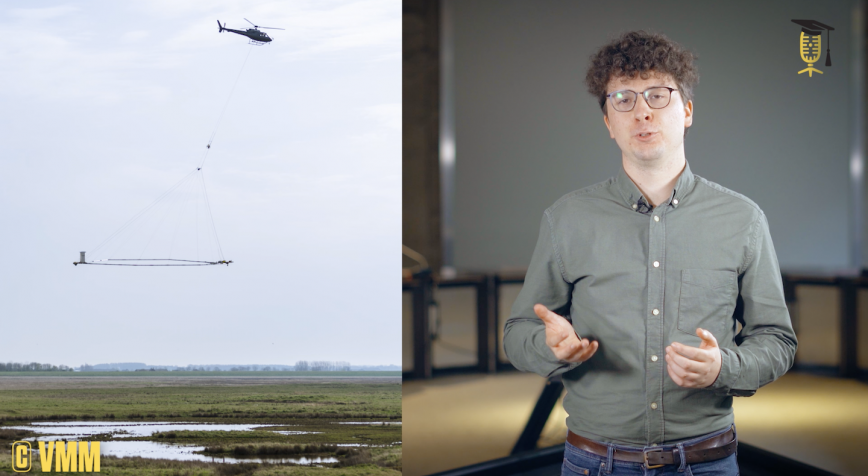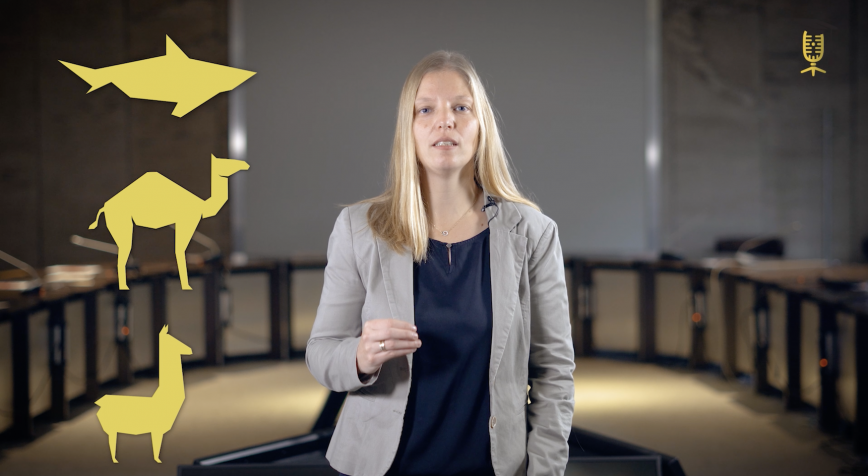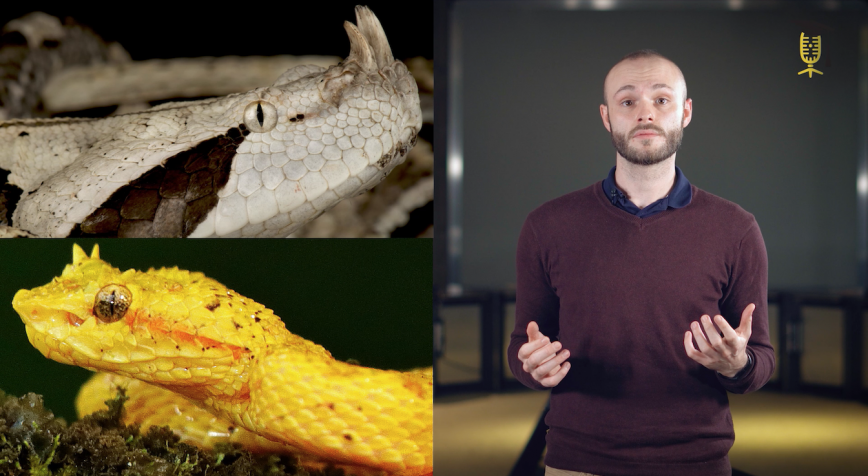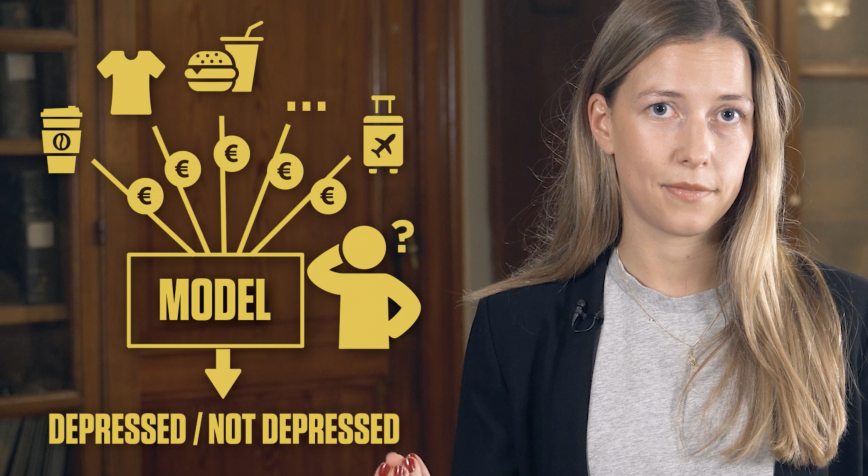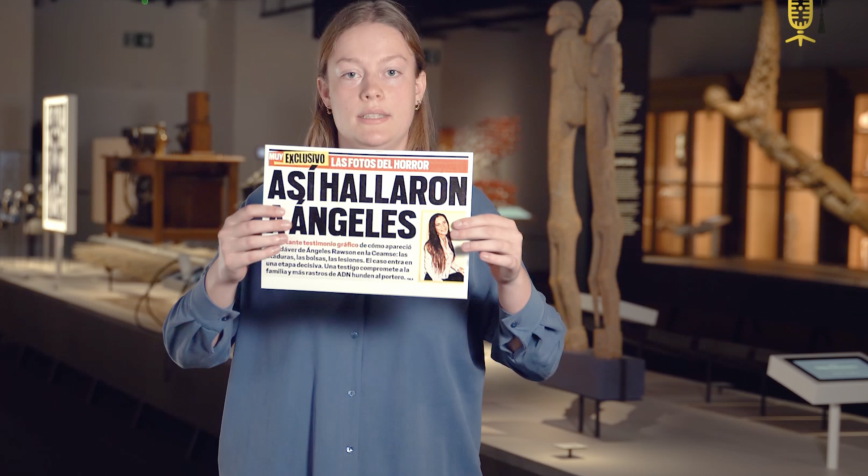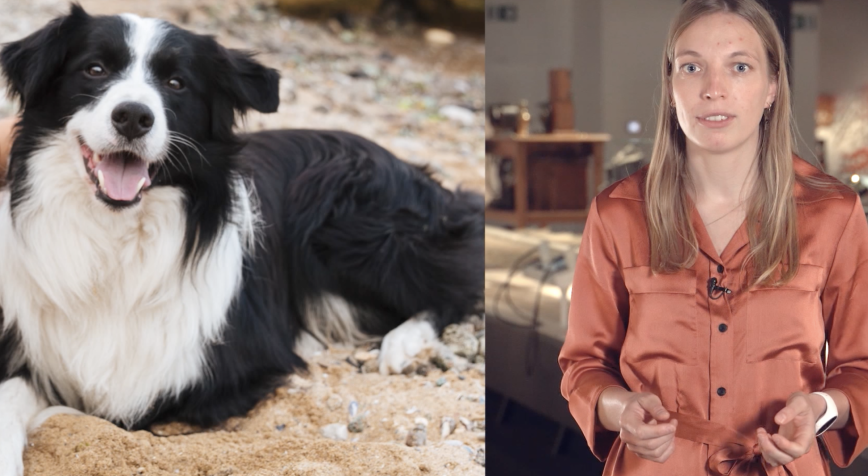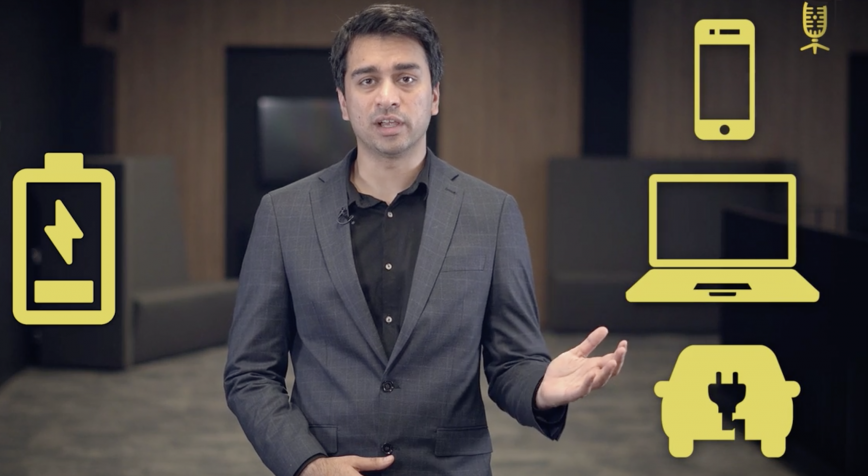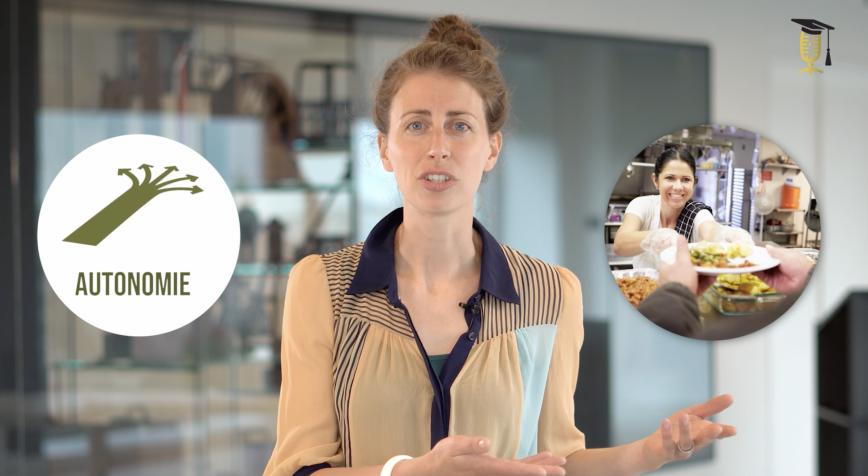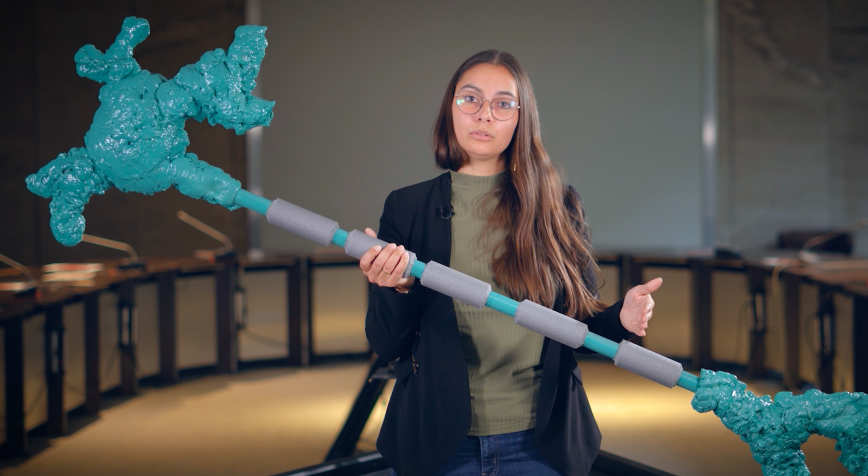
UHasselt
Protection for the cells that repair your brain
Have you ever been so stressed that you couldn't function properly? The same happens in the brain cells of patients with the nerve disease multiple sclerosis (MS) 🧠 Certain cells that help our brain to recover can no longer function properly due to too much stress. Lieve Van Veggel wants to help protect these cells. In this way, she and her colleagues hope to find a new way to slow down or even stop the progression of MS ✋🏻 🛑
